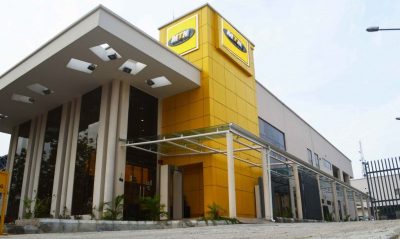According to sources knowledgeable about the matter, the sabotage is linked to the upcoming general elections on February 25. MTN is the largest network infrastructure provider and is likely to host most of the networks needed by the Independent National Electoral Commission (INEC) during the election period. In December, the number of MTN subscribers hit 89 million users on the network.
The Bimodal Voter Accreditation System requires telecom infrastructure to function efficiently; for example, the uploading of polling units results to the INEC Result Viewing Portal in real time requires an Internet connection.
The network glitch led to disruptions of the internet, voice calls and bank transactions by subscribers in different parts of the country for hours.
The saboteurs allegedly attacked the cell sites in the 13 locations across the country and in some cases destroyed fibre cables, thereby temporarily cutting off service to communities that depend on the infrastructure.
A telecom expert who pleaded anonymity told BusinessDay that to destroy a cell site to the point it disrupts network activities in large area coverage, the attackers would have targeted the hub sites. A hub site is typically a physical location where communication nodes are connected to each other via text, voice, or cables. They not only facilitate communication but also act as a control centre allowing users to monitor and manage their networks and ensure that data is secure. Most hub sites control about six cell sites.
The hub sites are in turn controlled by switches, which act as a monitoring and control centre. For example, on mainland Lagos, MTN has a switch in Ojota and Ikorodu which controls Ikeja and other environs. To cut off these areas from the network, it will require shutting down the hub sites through power failure.
Experts say attacking the network provider’s infrastructure would not achieve much because a big operator like MTN always has a fail-safe in the form of a team on standby that is mandated to fix the problem within a stipulated time. For one, the switch is capable of spotting defects in the network system and those monitoring the hub sites can dispatch technical staff immediately to the area affected.
Apart from the fail-safe, there is also the electoral law, which anticipates that there might be situations similar to the MTN attack and has made provisions for the rescheduling of the elections in areas affected. In cases where the population of voters in an affected area is considered enough to affect the outcome of the results, the electoral umpire can call the election inconclusive and set a new date for the election to be conducted in that area.


